URGENTLY CHANGING FROM OPTION TO REQUIREMENT
On August 3, 2022, the Minister of Education and Training issued Circular No. 13/2022/TT-BGDDT amending and supplementing a number of contents in the 2018 GeneralEducation Program. Accordingly, history at high school level has changed from being "a subject belonging to the social sciences group, chosen according to career orientation" to a subject belonging to the social sciences group, consisting of 2 parts: a compulsory part for all students and an optional part for students to choose history according to career orientation.

High school students in history class under the new curriculum
When changing from an elective subject to a compulsory subject, history is a compulsory subject with a duration of 52 periods/year (adjusted from 70 periods/year). The elective history study topic includes 35 periods/year (according to Circular 32/2018). The Ministry of Education and Training requires: "The adjustment of the program ensures the use of compiled grade 10 textbooks". Teachers have been trained to implement the 70-period/year program, so they are qualified to teach 52 periods/year (out of 70 periods/year). The Ministry of Education and Training will continue to train core teachers to implement mass training.
In the 2022-2023 school year, history teaching will be implemented for grade 10 in the context that textbooks have not yet been adjusted and compiled according to Circular 13. Many teachers said that with their love for the profession, responsibility and professional capacity, they have tried their best to apply new theories, combine experience into practice to constantly improve the position and quality of history teaching in the direction of developing students' qualities and abilities. However, in the implementation process, they also faced many difficulties and barriers...
Also because of the original design of the 2018 General Education Program, history is only compulsory until the end of junior high school, so many contents that should have been studied in the current program until high school have been compressed to the junior high school level. This is to ensure that students moving to high school, even if they no longer choose to study history, still have enough basic knowledge of this subject.
However, many teachers and experts have pointed out that changing history to a compulsory subject at the high school level at the last minute when the textbook program has been compiled makes it impossible to revise the program. Therefore, compulsory history study at both levels is heavy. According to Professor Do Thanh Binh, former Head of the History Department, Hanoi National University of Education, co-editor of the history - geography textbook for middle school level of a series of books, a volume of knowledge almost equal to that of high school in the past has been compressed into middle school. The heaviest knowledge content is in grade 9. When compiling the history textbook for grade 9, almost all authors realized this. Many people also compared it with the history program for grades 10 and 11 (the revised topics), the knowledge content of the history program for grade 9 feels heavier.
Up to grade 10 and 11, because the elective subject is designed for students who really love and have the ability to study this subject, the implementation shows that there are heavy knowledge contents. Right from the first lessons in grade 10, it is very difficult compared to basic knowledge...
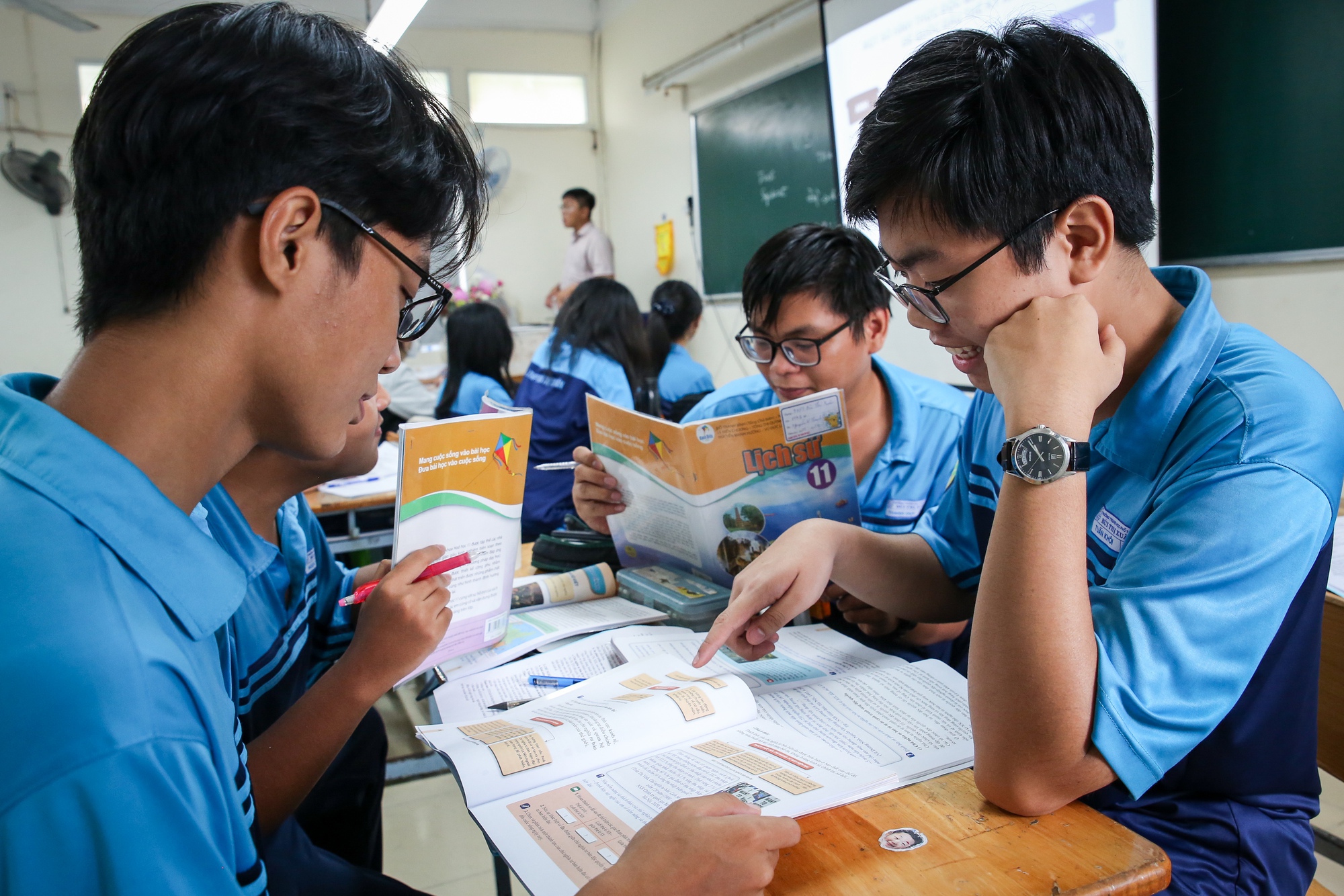
The history program is designed according to topics about world, regional and Vietnamese history in the fields of: political history, economics, society, culture, ideology and other orientational topics.
K DIFFICULT CONCEPT?
Some 10th grade students studying in District 1, Ho Chi Minh City said that right from the first lessons of history, they saw difficult concepts and definitions such as historical reality, history perceived by humans, objective reality, world civilization... different from historical events like when they studied in middle school. This student gave an example in the lesson "Historical reality and history perceived by humans", there were sentences like: "Humans have the ability to perceive objective reality, therefore, history is also objective reality that can be perceived", "There is always a gap between historical reality and history perceived by humans, despite their efforts, humans still cannot perceive and fully reproduce the historical reality that has occurred"...
Meanwhile, Thao Uyen and her group of classmates in class 10C21, Tay Thanh High School (Tan Phu District, Ho Chi Minh City) said they enjoyed the topics and approaches to knowledge of grade 10 history. Thao Uyen explained: "The grade 10 history program makes us more comfortable, it doesn't have a lot of data but is more comprehensive. When we were in middle school, the detailed content made us study more carefully, we had to remember the date, month, year, if we made one mistake, we would make the whole thing wrong. Now, the lessons with concepts are easier to learn. In addition, teachers also ask more questions, after students answer, teachers give conclusions instead of reading and taking notes exactly from the textbook like before."
TEACHERS MUST CHANGE THEIR TEACHING WAY
A history teacher at Marie Curie School (Hanoi) said: The change from elective subjects to compulsory subjects in the curriculum is certainly more difficult for the general student body. Although the reduction of some lessons has been considered, it still inevitably affects the logical structure of the curriculum. This forces teachers to proactively develop lessons suitable for the student body.
Besides, according to this teacher, although the curriculum of each grade level is different in terms of content structure, it still has the systematic logic of the subject. Therefore, if the requirements for the exam are not balanced, the current state of history is not much different from before, that is, it is still a difficult subject and the scores are not high.
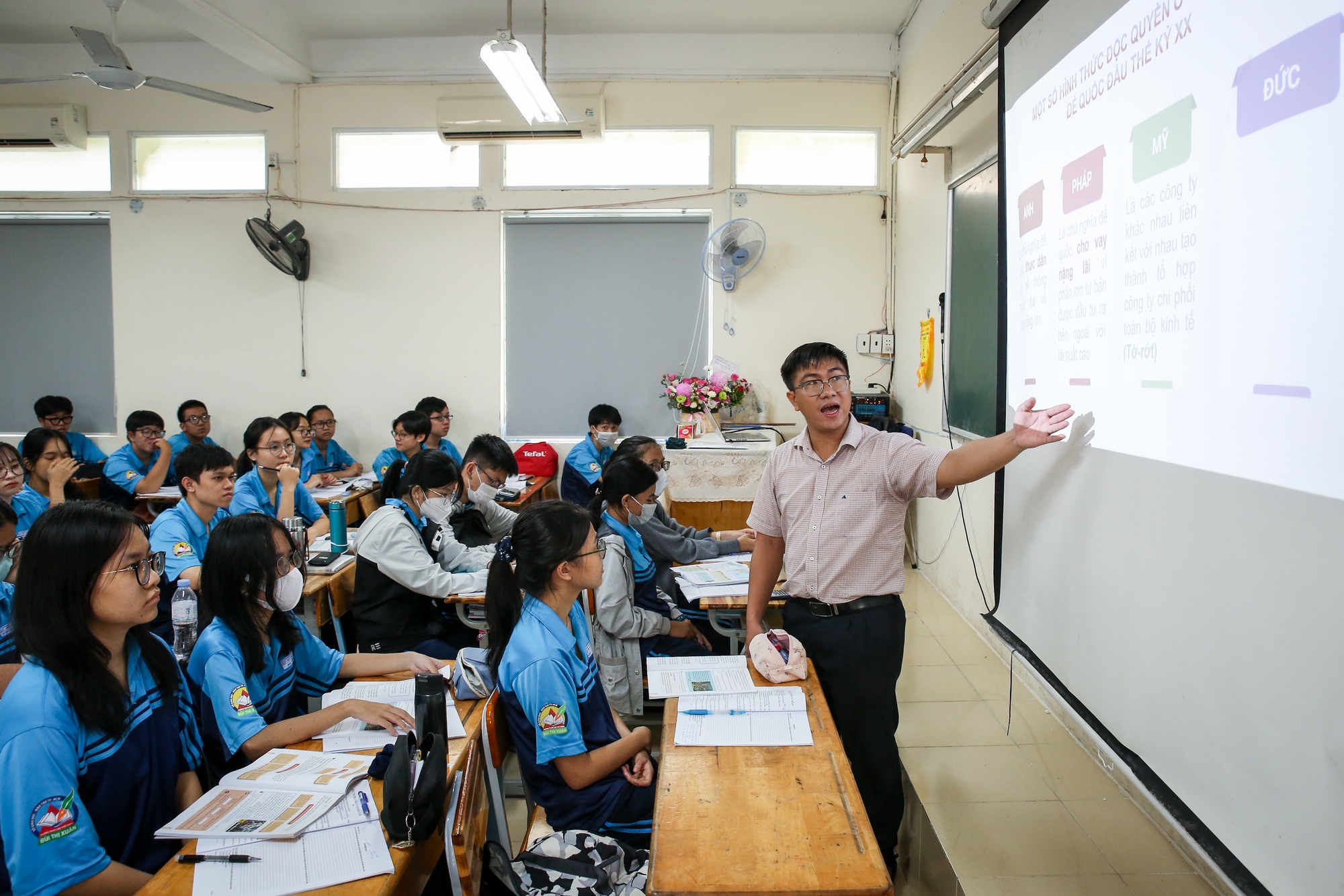
The new program forces teachers and students to actively change in teaching and learning.
Ms. Pham Thi Bich Tuyen, head of the history group at Bui Thi Xuan High School (District 1, Ho Chi Minh City), said that history is one of the subjects that has undergone many changes. The most important new point in the approach to curriculum development is the shift from the goal of accessing knowledge to the goal of developing capacity. Accordingly, the curriculum is designed according to topics on world, regional and Vietnamese history in the fields of: political history, economics, society, culture, ideology and other orientational topics.
Mr. Thieu Quang Thinh, a teacher at Long Thoi High School (Nha Be District, Ho Chi Minh City), also commented that basically, the history program for grades 10 and 11 is written in the form of specific topics, the content and historical issues are presented more deeply and clearly.
From the analysis of the differences between the content and approach of the new and old programs, Ms. Bich Tuyen believes that whether students are interested or not depends on the teacher. The teacher's teaching methods also change, linked to practice, reality, changing the approach, guiding students to solve problems, from there drawing conclusions and remembering the lesson.
Master Nguyen Viet Dang Du, head of the history group at Le Quy Don High School (District 3, Ho Chi Minh City), said that the knowledge of the old program was built in a concentric form. That is, knowledge in high school was built on the basis of knowledge from middle school and expanded in high school, then repeated. Meanwhile, in the new program, knowledge is built in a thematic form, so it is completely separate from middle school.
Therefore, according to Master Dang Du, what needs to be adjusted is the current teaching method of teachers. Students should not be required to remember exactly and completely the information contained in historical events, but should be guided to the way of learning to perceive and evaluate historical events, using history to create a personal product, which will make learning easier and more attractive.
With this new program, according to Mr. Thieu Quang Thinh, teachers and students must actively change in teaching and learning. (to be continued)
Need to edit the program and duration more appropriately
Professor Do Thanh Binh suggested that it is necessary to evaluate the actual implementation and the teachers' response as soon as possible, and to revise the program to make it more suitable. It is necessary to write training materials for teachers soon, especially new content that has not been updated in the history teacher training program at teacher training institutions so that teachers can handle it.
According to Mr. Thieu Quang Thinh, history is currently a compulsory subject in the new curriculum with a duration of 52 periods/school year. Each lesson and each topic has requirements to be achieved at different levels. However, due to the duration (number of prescribed periods), teachers and students have to try very hard to achieve the required levels of the lesson. Hopefully, the duration of history will change appropriately so that history lessons are fully, coherently and clearly conveyed to students.
Source link



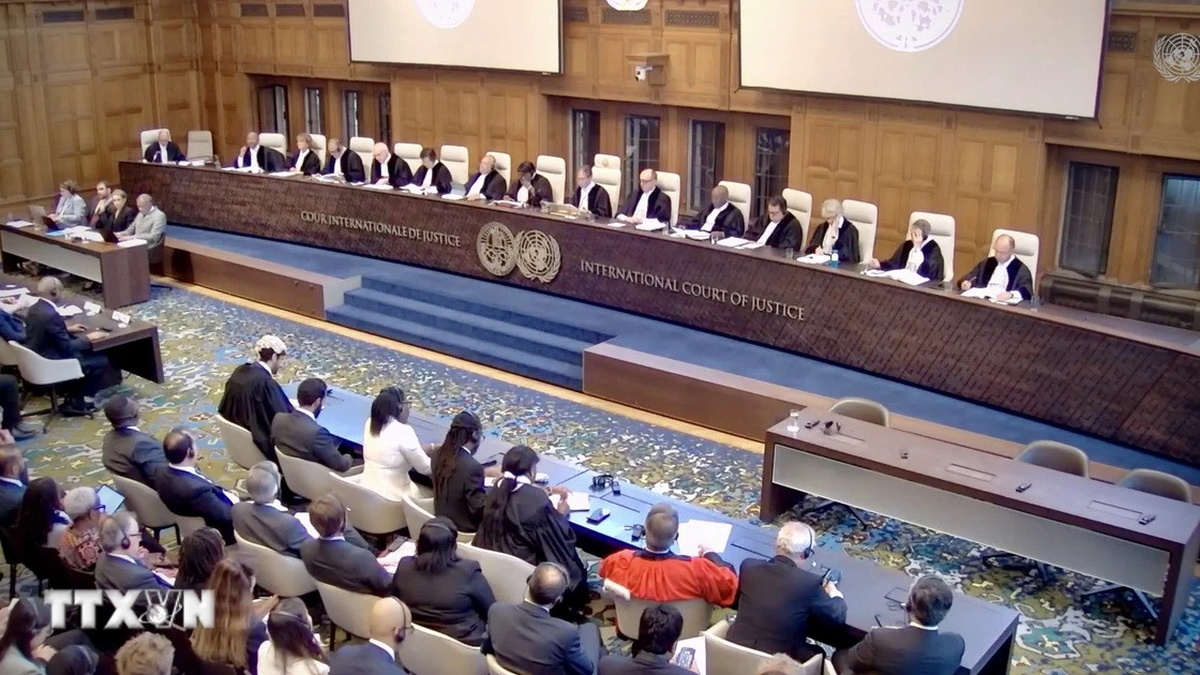
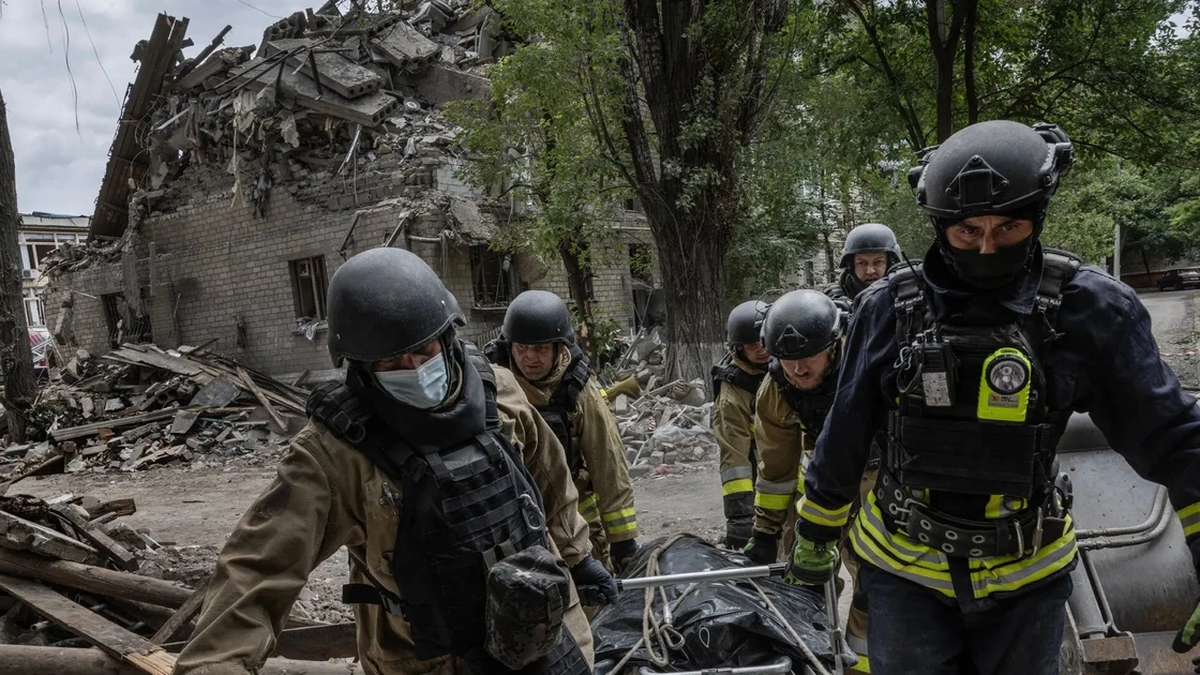
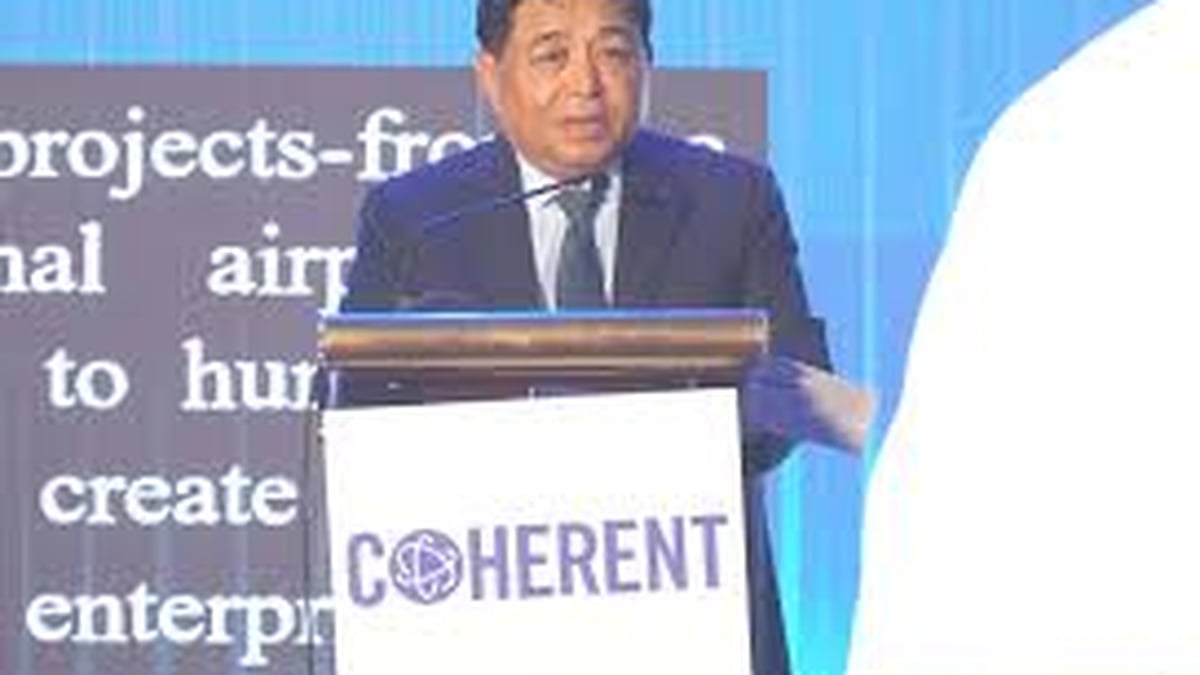

![[INFOGRAPHIC] LG xboom AI: The coolest Gen Z portable speaker this summer](https://vphoto.vietnam.vn/thumb/1200x675/vietnam/resource/IMAGE/2025/7/29/db13af6569c24d0582b8a1c82e7cecd2)

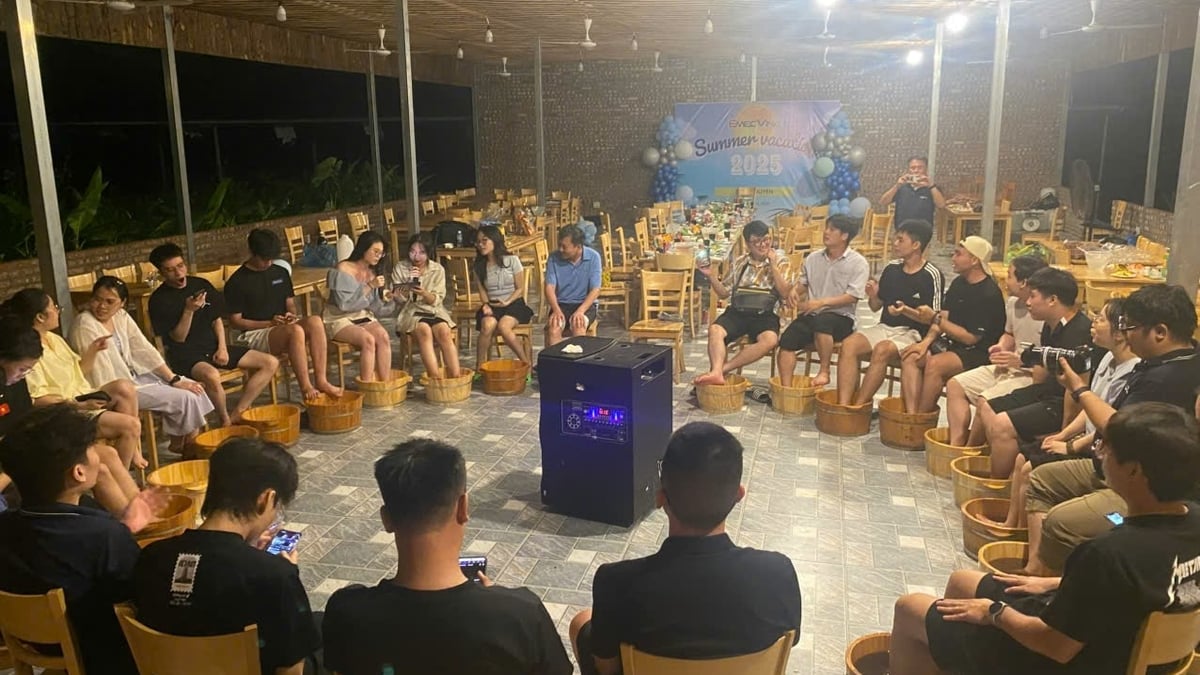
















![[Photo] National Assembly Chairman attends the seminar "Building and operating an international financial center and recommendations for Vietnam"](https://vphoto.vietnam.vn/thumb/1200x675/vietnam/resource/IMAGE/2025/7/28/76393436936e457db31ec84433289f72)









































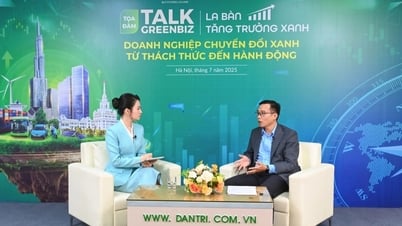
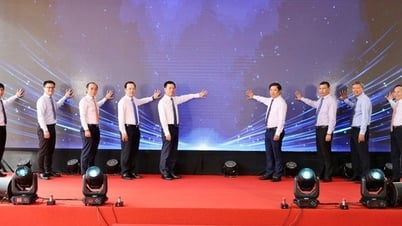





























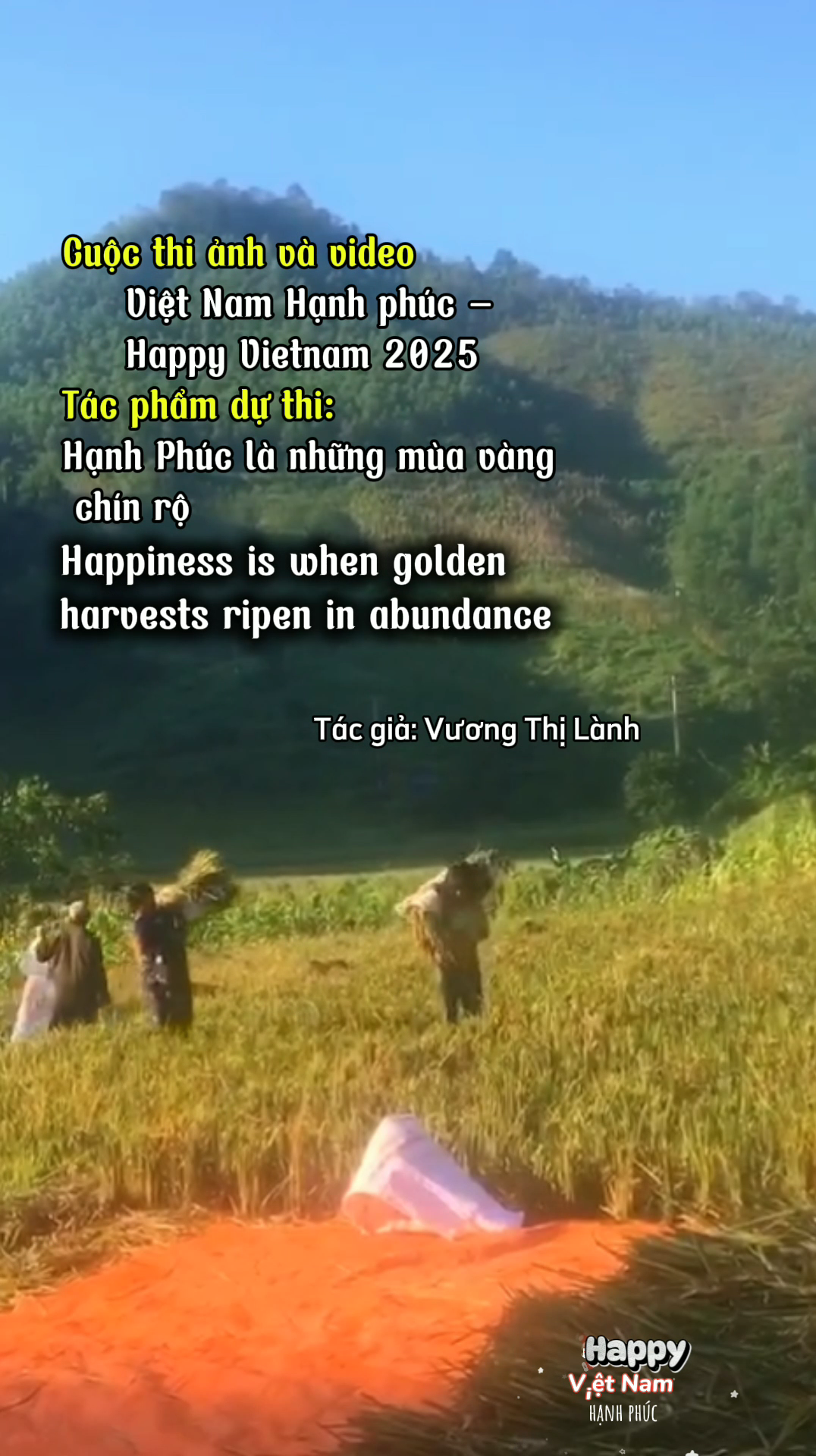
Comment (0)